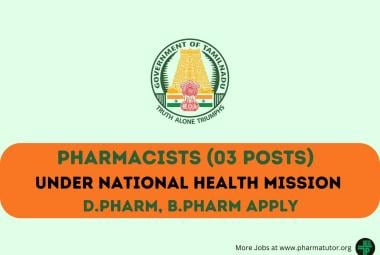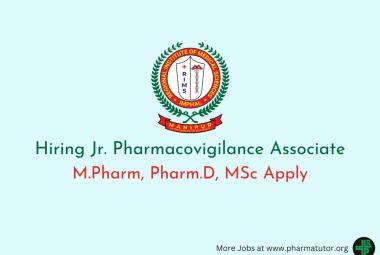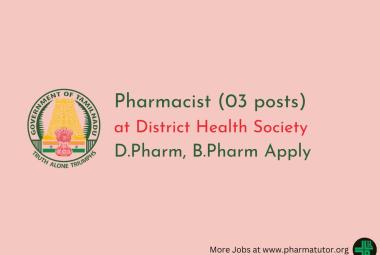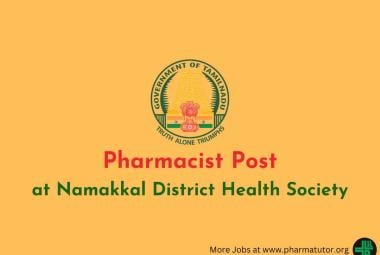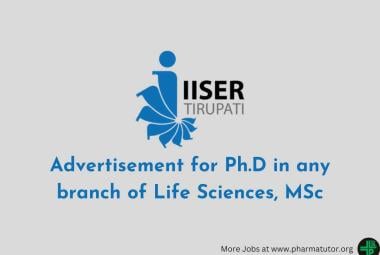RISK ASSESSMENT OF DEVELOPING TYPE 2 DIABETES MELLITUS IN PATIENT ON ANTIHYPERTENSIVE MEDICATION
{ DOWNLOAD AS PDF }
 ABOUT AUTHORS
ABOUT AUTHORS
Amarjeet Singh*, Sudeep bhardwaj, Ashutosh aggarwal
Department of Pharmacology,
Seth G. L. Bihani S. D. College of Technical Education,
Institute of Pharmaceutical Sciences & Drug Research
amarjeetsingh024@gmail.com
ABSTRACT
Objective: The purpose of this study was to examine the risk assessment of developing type 2 diabetes mellitus in patient on antihypertensive medication.
Material & Method: In the present study total 30 patient with essential hypertension of both sex with mean age (48.6±0.8313) were recruited as per the inclusion criteria. Patients were segregated on the behalf of therapy they were using. 22 patients were on Losartan+HCTZ therapy and 8 patients were on Atenolol therapy.
Result: After six month of antihypertensive therapy Atenolol group showing a significant difference in their blood glucose (0.0014) whereas in Losartan+HCTZ group significant difference was not observed (0.1542). Patients of Atenolol group when compared with patient of Losartan+HCTZ group a significant difference was observed in the serum cholesterol level (0.0290).
Conclusion: We found that the use of β-blocker was independently associated with increased risk of type 2 diabetes. So increase in blood glucose in the Atenolol group patient revealed a significant association between use of Atenolol therapy and metabolic dysfunction whereas in Losartan+HCTZ group significant increase in blood glucose was not observed and from these we can conclude therapy with Losartan+HCTZ therapy not associated with metabolic dysfunction.




